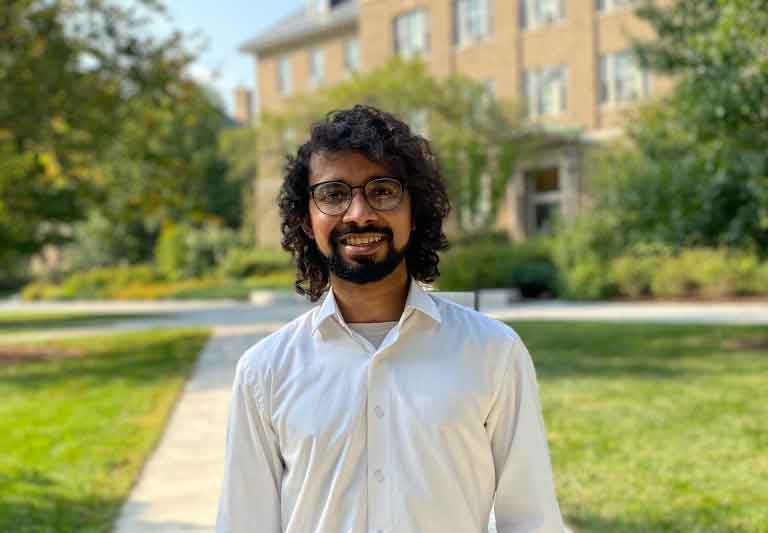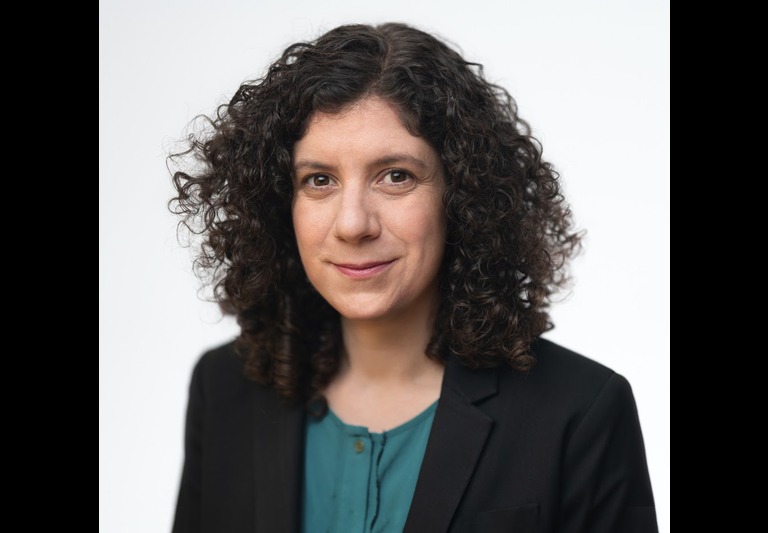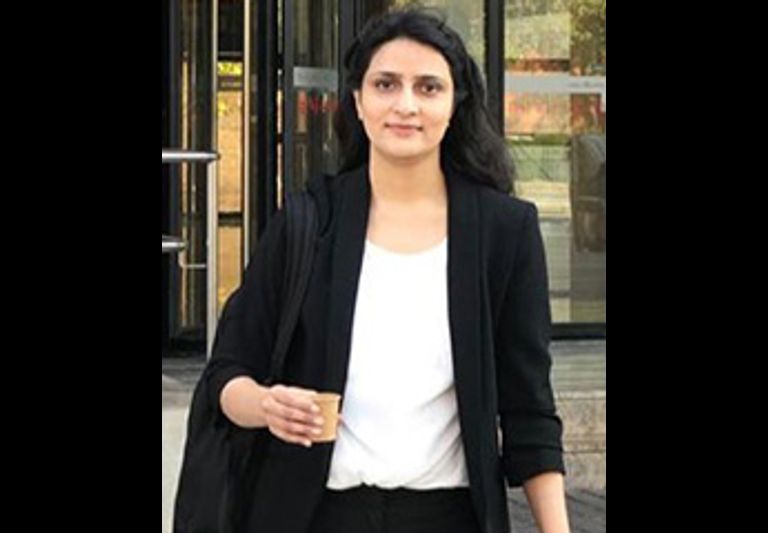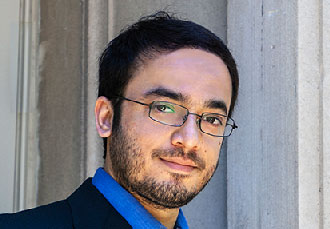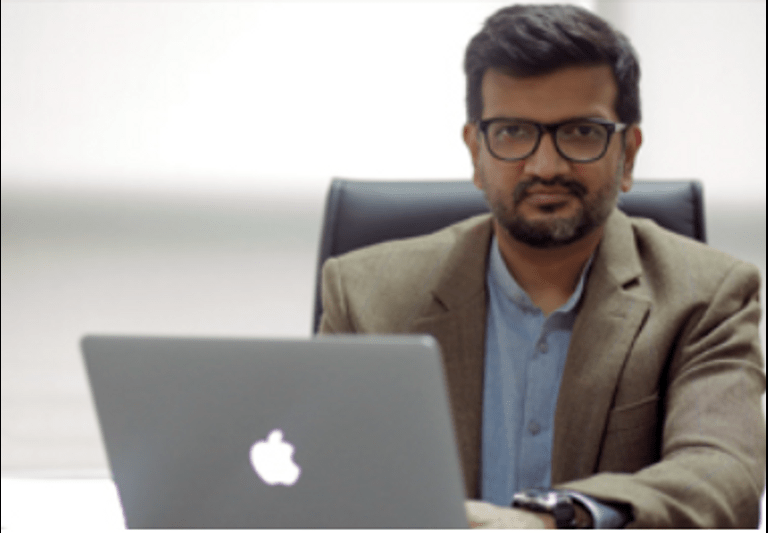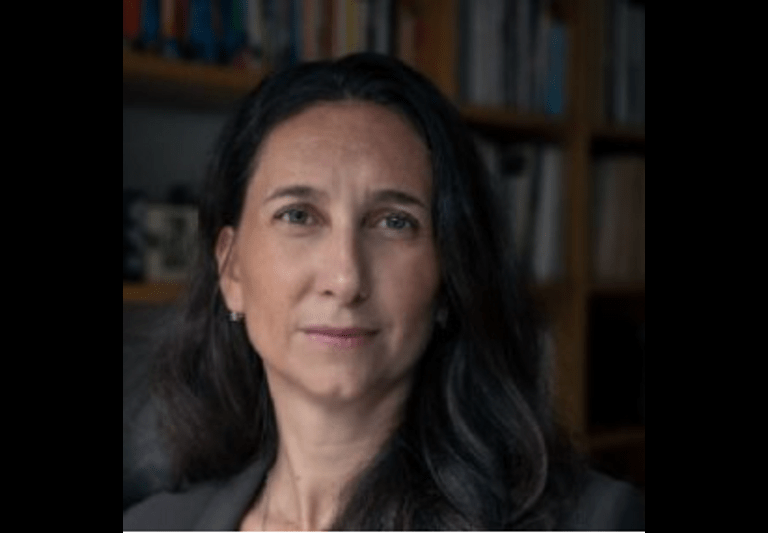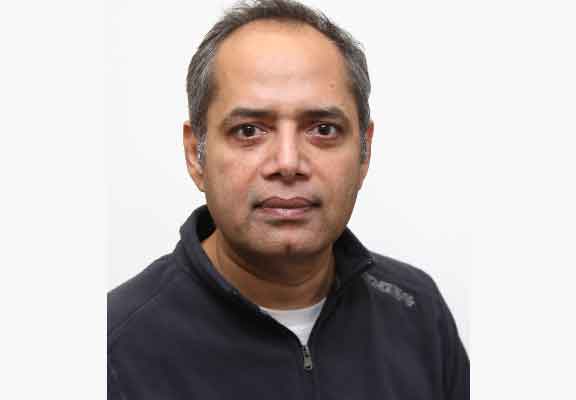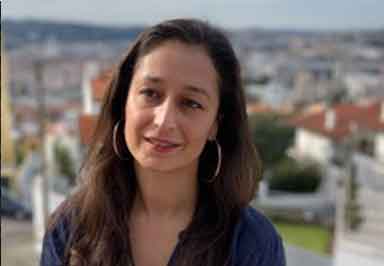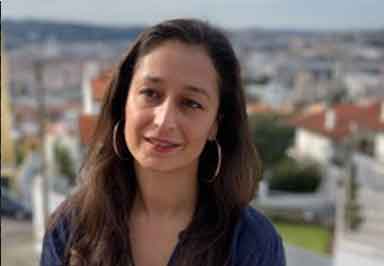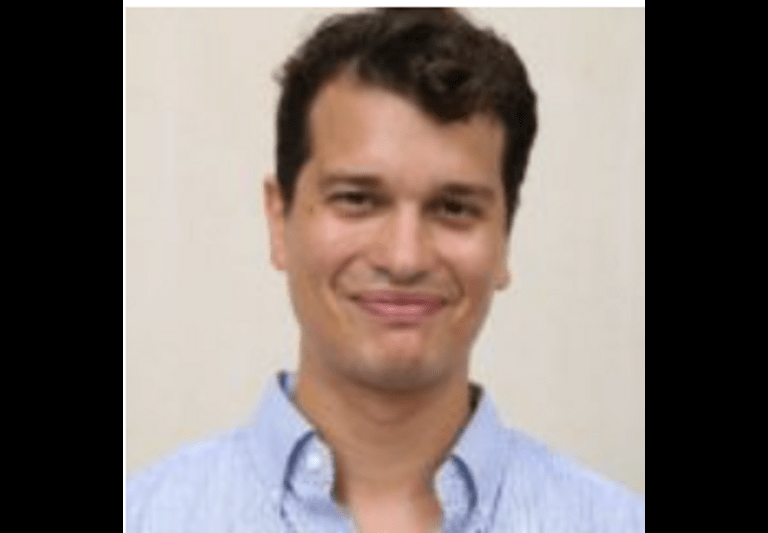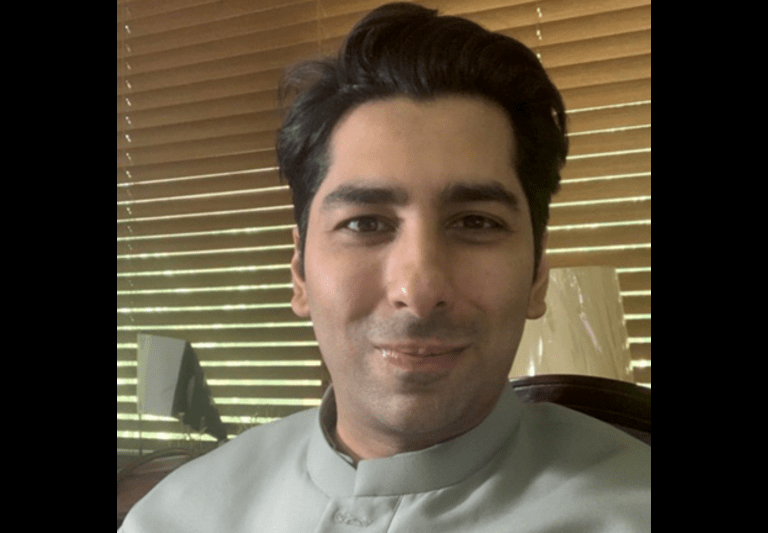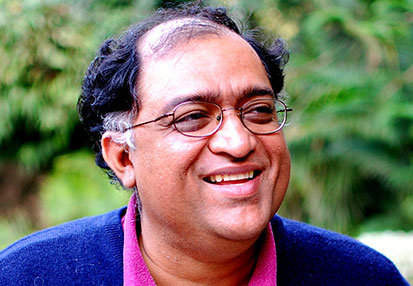Frame
The cluster aims to provide evidence to strengthen the fiscal compact between governments and citizens in Pakistan and provide a knowledge base for other developing countries facing similar fiscal challenges. The fellows in this cluster are currently engaged in a range of projects that involve issues related to property taxation, taxation on services, income taxation, and public procurement.
Context
Public Finance is one of the major pillars of state effectiveness. Governments need access to resources to carry out their functions and provide public services. In this context, governments need efficient and equitable ways of raising revenues while maximizing the effectiveness of expenditures. Doing so is particularly difficult in fiscally-constrained countries such as Pakistan, where the tax to GDP ratio is a mere 11 percent compared to 40 percent in some of the advanced economies. The problem of a limited fiscal base is further aggravated by inefficiencies and wastages on the spending side.
Research Problems
The cluster seeks to investigate across the following areas:
Property Taxation
The Fellows are studying the distributional and revenue implications of different property tax valuation regimes in Punjab and Khyber Pakhtunkhwa while also testing potential valuation reforms. They also hope to examine taxpayers’ perception of fairness in property taxes and how more equitable valuation regimes can aid subnational governments in generating revenue as well as explore the implications of the currently regressive property tax schedule on tax avoidance, tax morale, compliance, and real economic outcomes. The research is being carried out in collaboration with the Government of Punjab and the Government of Khyber Pakhtunkhwa.
Taxation on Services
The Fellows are working closely with the Punjab Revenue Authority (PRA) to find effective ways of expanding the tax base. The research here is focused on three areas of reform.
- First, how can governments increase access to information trails to improve enforcement capacity? PRA has implemented an electronic invoice system but important constraints on adoption and compliance with the system remain.
- Second, whether and how technology can help the tax authority improve its capacity to process and manage taxpayer appeals cases in the courts.
- Third, how the PRA can improve its organizational capacity by leveraging the detailed information captured in a range of newly-implemented software systems.
Income Taxation
In collaboration with the Federal Board of Revenue (FBR), the Fellows are exploring ways to support the FBR’s efforts to broaden and deepen the tax base. The research is currently exploring plans for behavioral interventions with taxpayers and then evaluating their success. After fleshing out the details of the strategy, the hope would be that this could become an important pillar in discussions with the IMF and the World Bank so that the Government of Pakistan has the time to roll out a clear plan for domestic revenue mobilization.
Public Procurement
In the environment of limited fiscal space, public expenditures must be carried out in the most efficient manner possible while ensuring effective service delivery to avoid red tape, incompetence, and corruption at various stages. The Fellows are closely collaborating with multiple departments of the Government of Punjab to introduce e-procurement in the province and increase the effectiveness of service delivery.
Mahbub ul Haq Research Centre at LUMS
Postal Address
LUMS
Sector U, DHA
Lahore Cantt, 54792, Pakistan
Office Hours
Mon. to Fri., 8:30 a.m. to 5:00 p.m.


